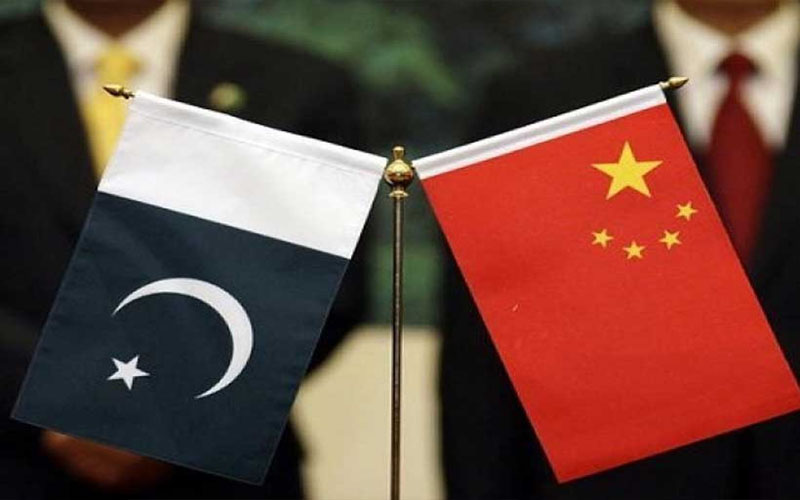Pakistan has formally requested an additional 10 billion yuan ($1.4 billion) under its existing currency swap agreement with China, Finance Minister Muhammad Aurangzeb said.
Speaking at a press conference after concluding his week-long visit to Washington for the spring meetings of the IMF and World Bank, Mr Aurangzeb expressed optimism that Pakistan’s ongoing arrangement with the IMF would be its last, adding that reforms were underway to achieve long-term economic self-sufficiency.
“The government is introducing reforms in areas such as rightsizing the public sector and overhauling the pension system,” the finance minister said, adding that recent measures had helped stabilise the economy and efforts were being made to boost private sector participation across various sectors.
In an interview with Reuters on the sidelines of the Washington meetings, Mr Aurangzeb said Pakistan had sought an augmentation of its current 30 billion yuan swap line to 40 billion yuan, as part of efforts to strengthen foreign exchange reserves and diversify financing options.
"From our perspective, getting to 40 billion renminbi would be a good place to move towards ... we just put in that request," he said.
China's central bank has in recent years expanded its network of currency swap arrangements with several emerging economies, including Argentina and Sri Lanka, to promote the use of the renminbi in global trade and finance.
Pakistan is also advancing plans to issue its first Panda bond — a yuan-denominated debt instrument to be floated in China's domestic bond market.
Mr Aurangzeb said discussions with the Asian Infrastructure Investment Bank (AIIB) and the Asian Development Bank (ADB) regarding credit enhancements for the bond had been “constructive.”
"We want to diversify our lending base and we have made some good progress around that. We are hoping that during this calendar year we can do an initial print," he said.
Meanwhile, the finance minister said he expected the IMF executive board to approve, in early May, the Staff Level Agreement (SLA) on a new $1.3 billion arrangement under a climate resilience programme, along with the first review of the ongoing $7 billion bailout programme agreed upon in 2024.
Approval from the IMF board would unlock a $1 billion disbursement, seen as critical to maintaining macroeconomic stability.
On the regional front, when asked about the potential economic impact of recent tensions with India — following the killing of 26 people at a tourist site earlier this month — Mr Aurangzeb acknowledged that the situation was “not going to be helpful.”
Trade flows between the two neighbours had already fallen sharply following previous periods of heightened tensions, with bilateral trade amounting to just $1.2 billion last year.



























